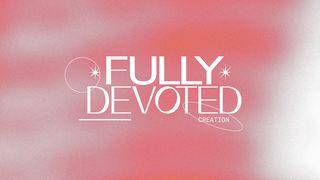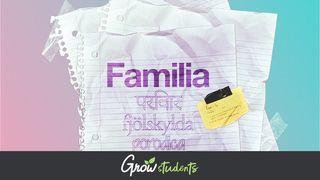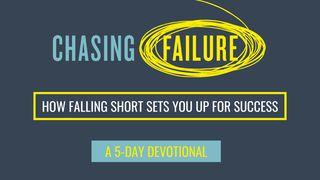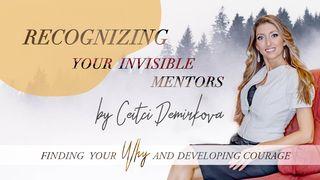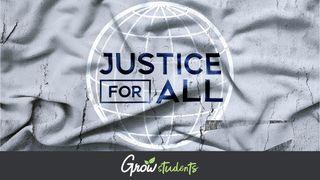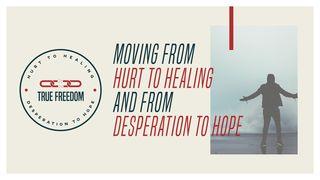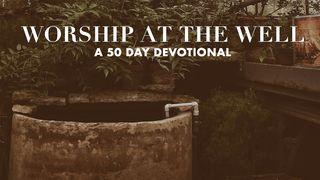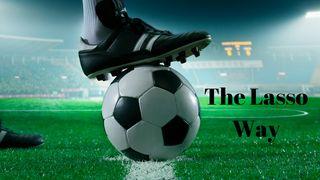Friendship in a Lonely WorldSample
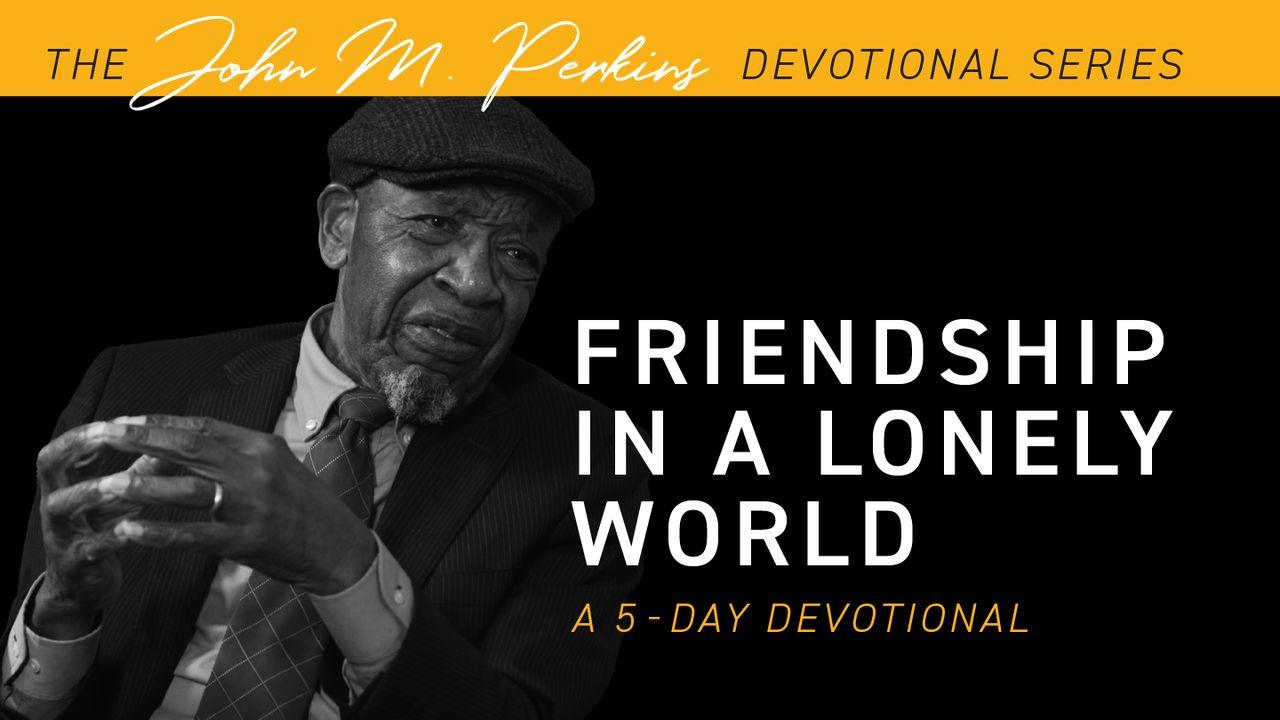
Columnist E. J. Dionne Jr. tells of a conversation Marc Dunkelman had twenty years ago with his grandfather, a retired salesman. They talked about how to find the best restaurants in an unfamiliar city. Marc was excited about a new app that would make it easy for people to find the best places to eat and that would even show them which restaurants were nearby. But his grandfather was not as eager to embrace this new technology. He said that whenever he went on a sales trip to a new place he would look for a “friendly looking stranger” and ask him to recommend a good place to eat. In the process this stranger would often become a new friend and someone that he would see when he returned to the city. “That’s how I got to understand the world—by talking to strangers,” the older man said. “With all these fancy technologies you’re talking about, how are people going to get to know one another? You ask me, I think it’s going to make everyone lonely.”
I think he’s right. We have all the technology that should make it easier for us to reach out to one another, but we’re not really touching one another. We may be “connected,” but we’re lonely, we’re isolated from each other, and we’ve become afraid of each other. That fear has produced acts of violence that are becoming all too common.
Loneliness has been called “one of the greatest public health challenges of our time.” The prime minister of England has even appointed a minister of loneliness to address the problem. In the United States, the American Association of Retired Persons (AARP) did research on adults who are forty-five years and older. They discovered that one-third of them are lonely. There’s an epidemic of loneliness and friendlessness. And this epidemic has serious public health consequences. Research has shown that loneliness and isolation are just as bad for our health as smoking fifteen cigarettes a day and can speed up the advance of Alzheimer’s disease.
So friendlessness, loneliness, and isolation do damage to our bodies, to our minds—and to our souls. And it’s the impact on our souls that this book addresses. I want to talk about friendship at the soul level. I think that’s the kind of friendship that God intended for us to have: with Him and with others.
The author of Proverbs 18:24 knew how dangerous a lack of true friendship was. Friends are needed to help share the load of this life and lift us up when we are weak.
That’s the only kind of friendship that will heal our soul wound and help us fix this ethnic problem. I like these two definitions of friendship. The first comes from a theological wordbook, and the second comes from the Native American culture:
“Friendship is a reciprocal relationship characterized by intimacy, faithfulness, trust, unmotivated kindness, and service.”
Friend: “One-who-carries-my-sorrows-on-his-back.”
That’s what friendship is. It’s being able to hook up with someone and walk through life together. It’s trusting in and caring for one another at a deep heart level. It’s helping one another carry the sorrows of life.
Scripture
About this Plan

In this 5-day plan, Dr. John M. Perkins talks about friendship in a lonely world. True and deep friendship is central to the story of our lives and in a world of increasing isolation and loneliness, one of the most powerful testimonies of the goodness of God.
More
We would like to thank Moody Publishers for providing this plan. For more information, please visit: https://www.moodypublishers.com/
